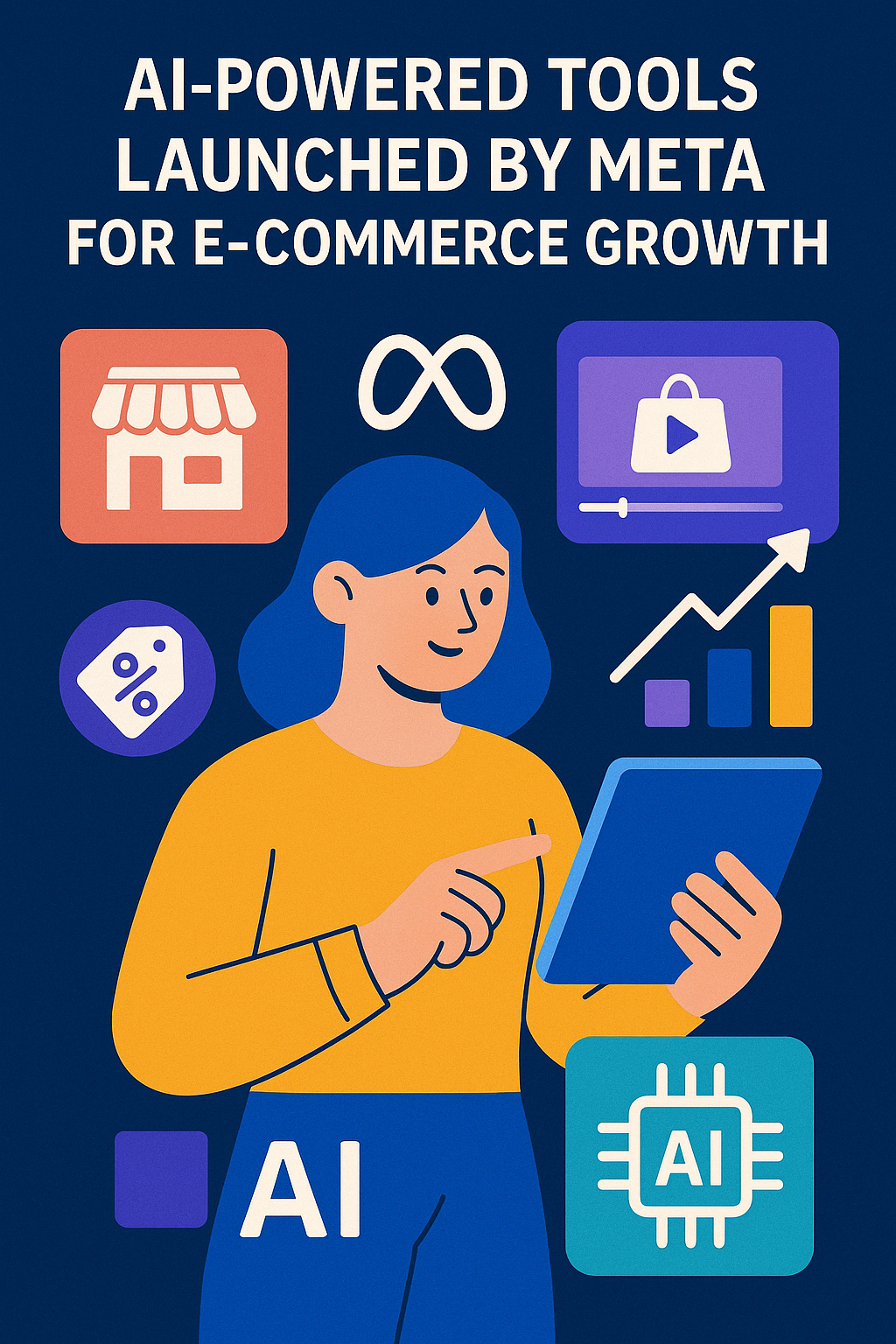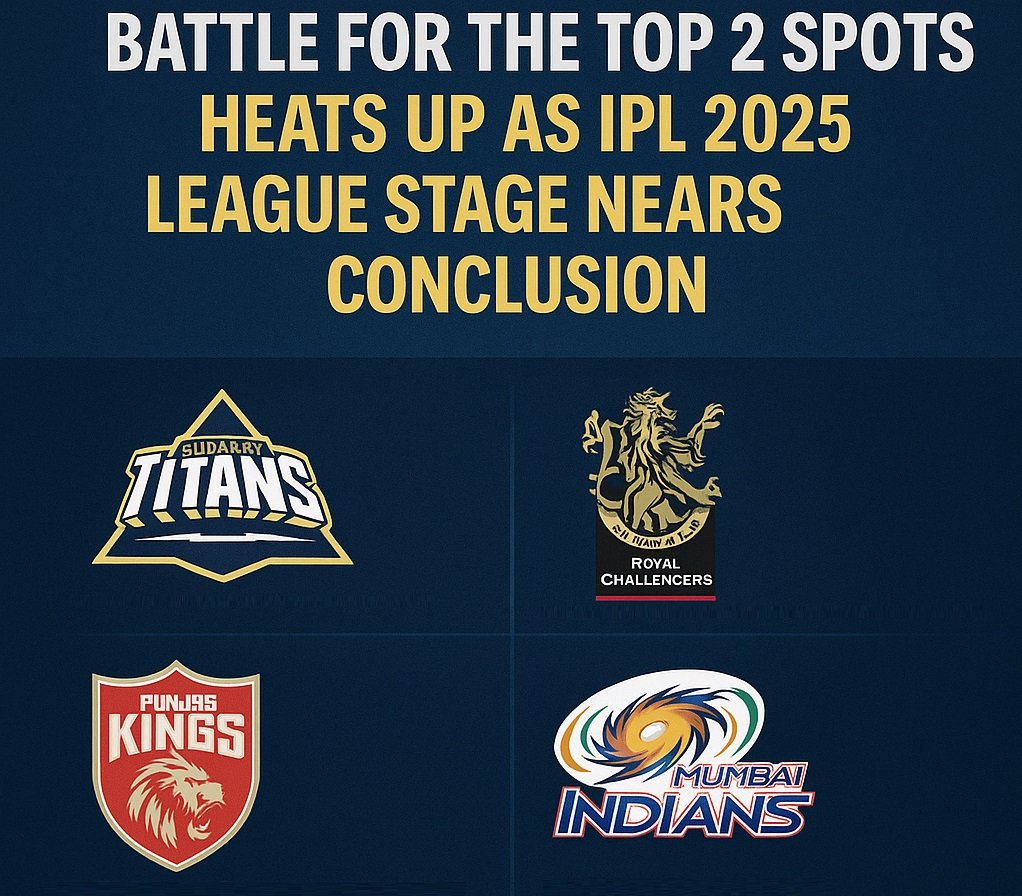The technology space is moving incredibly fast from automating simple tasks. We are currently in the age of AI agents — smart systems that are programmed to execute workflows autonomously, multiple steps at a time, in various industries. Auto-GPT, Devin (from Cognition Labs), and other autonomous AI agents are the next big thing in how we outsource tasks to machines.
What Are AI Agents?
AI agents are sophisticated computer programs that don’t merely execute commands — they evaluate goals, sequence actions, communicate with tools or APIs, and correct themselves as they go. In contrast to the simple AI tools that perform discrete tasks (e.g., writing a paragraph or answering a question), AI agents can:
Divide big tasks into subtasks
Perform each step with different tools (browsers, IDEs, APIs, databases)
Make decisions based on outcomes
Modify workflows in real-time
Top Examples: Auto-GPT & Devin
Auto-GPT: A public-domain AI agent based on GPT-4, used to accomplish tasks on its own. Assign a task such as “execute a marketing campaign,” and it will conduct market research, draft copy, and even create visuals utilizing in-built tools.
Devin: Considered the world’s first AI software developer, Devin is capable of creating applications from start to finish. It writes, debugs, configures environments, and works together through GitHub — exactly as a human developer would.
These agents aren’t just helping — they’re working as collaborators, with little human involvement.
Industries Being Transformed
Software Development
AI agents are now capable of writing full-stack applications, processing bug reports, and conducting code reviews — all without human intervention. They shorten dev cycles and create new opportunities for solo founders and startups.
Customer Service & Sales
Agents are able to process entire customer conversations, qualify leads, send follow-ups, and escalate only the most complex cases to humans. This allows for 24/7, high-quality support without increasing headcount.
Marketing & Content
From running SEO audits to creating full campaigns and tracking KPIs, agents are turning into in-house digital marketing teams.
Finance & Operations
Invoice processing, budget forecasting, procurement, and compliance tracking can be automated using AI agents, and most of the back-office labor is removed.
Healthcare & Research
Agents help with extracting data from medical records, literature searches, and even drug discovery pipelines — simplifying previously cumbersome processes.
Benefits of Autonomous Workflows
Speed: What was once hours or days can now be accomplished in minutes.
Scalability: AI agents do not get tired and can accomplish thousands of tasks at once without burnout.
Cost Efficiency: Less manual labor means lower labor costs and accelerated time-to-market.
Innovation: Allows human teams to dedicate time to strategy, creativity, and higher-order thinking.
Challenges and Risks
Accuracy & Hallucinations: AI agents still need to be monitored, particularly for high-stakes tasks.
Security: Providing agents with access to sensitive systems requires tight controls.
Job Displacement: Automation can displace jobs, necessitating upskilling and reskilling.
Ethical Use: Transparency, consent, and accountability need to be baked into agent deployment.
The Road Ahead
The future of work is collaborative, with humans and AI agents working together side by side — not in competition but in coordination. Businesses that get ahead early by incorporating these agents into their processes will reap enormous efficiency and innovation benefits.
As AI agents mature, we’re not just witnessing automation — we’re watching the birth of digital co-workers that could redefine productivity across every industry.









